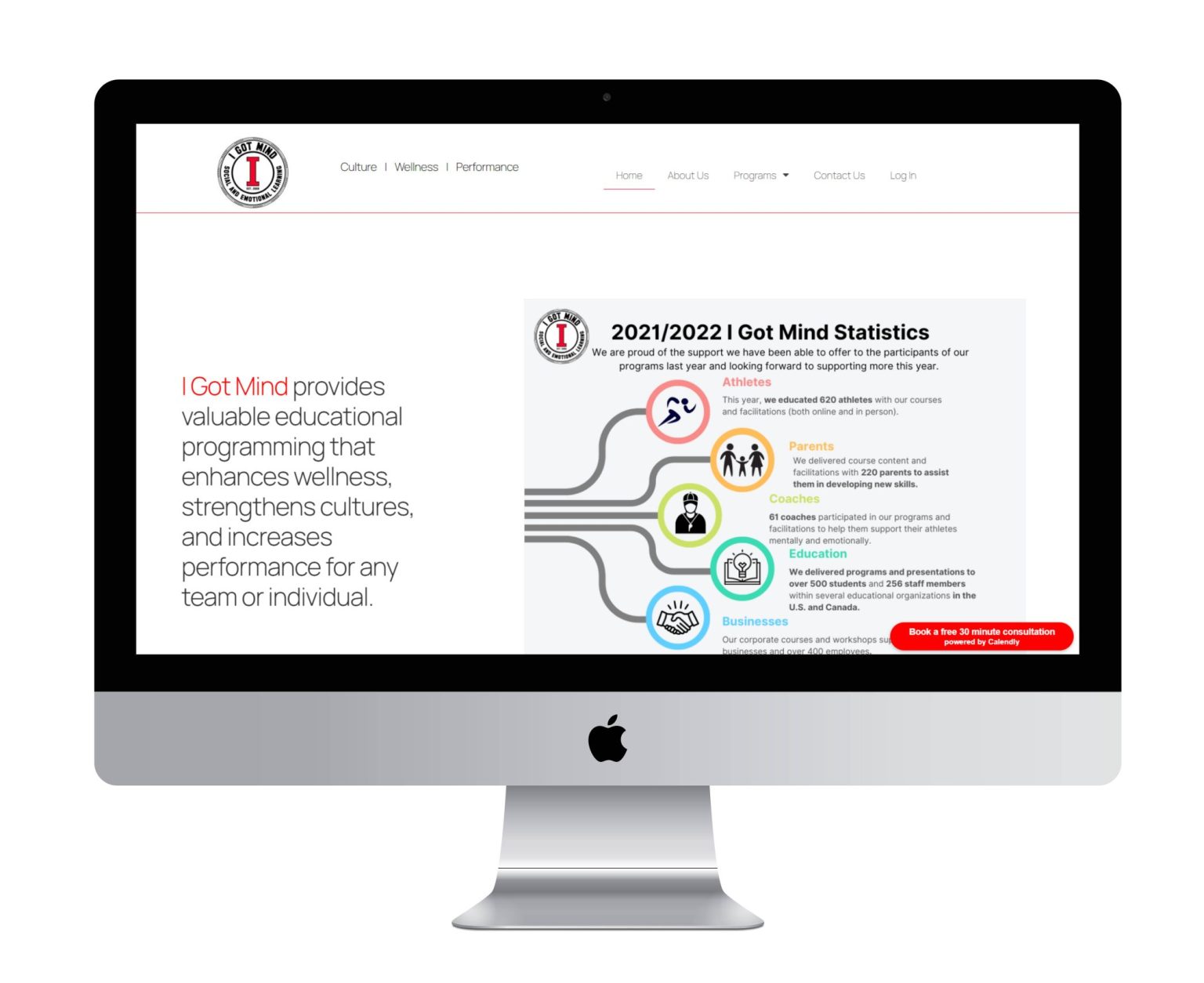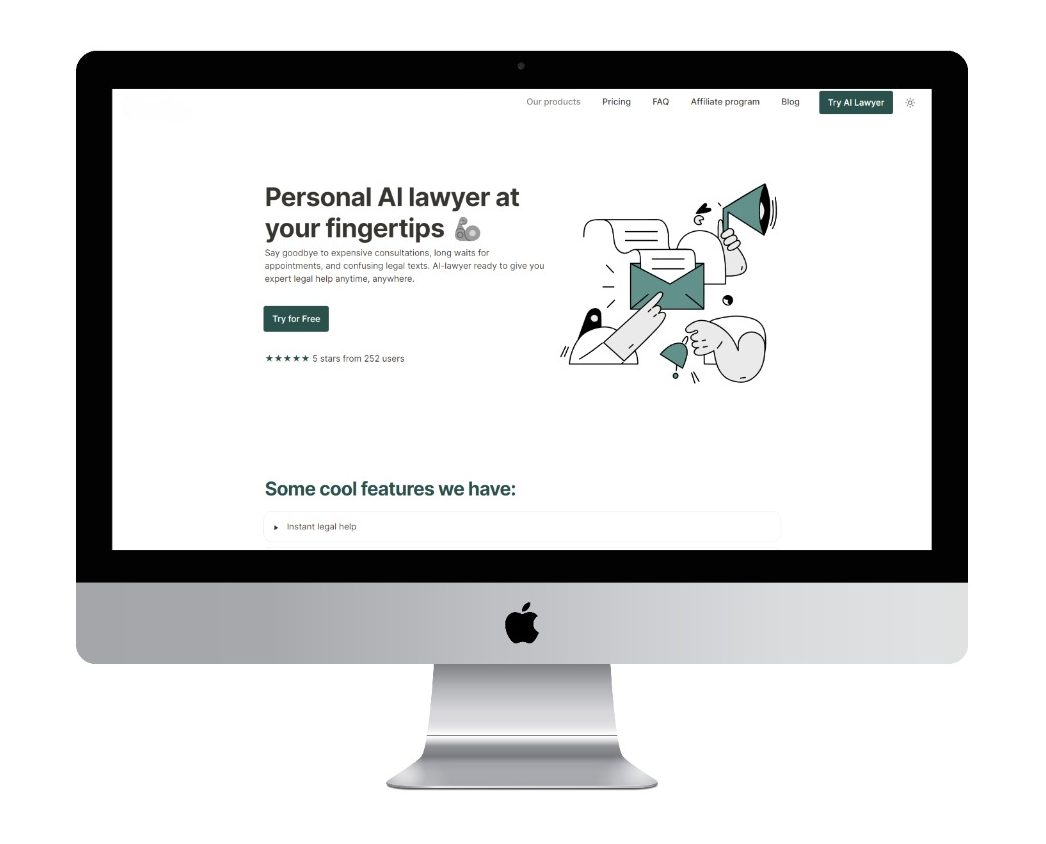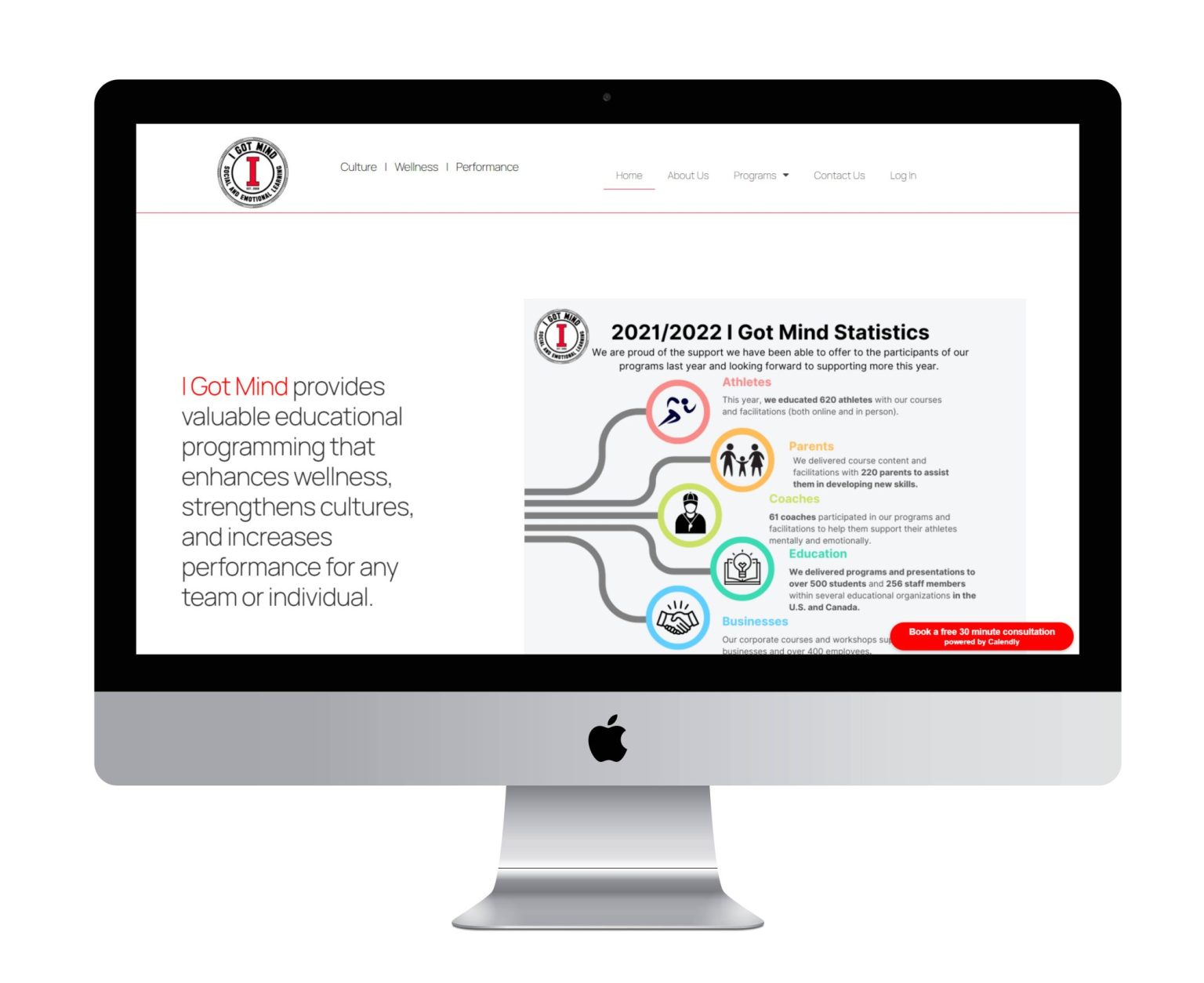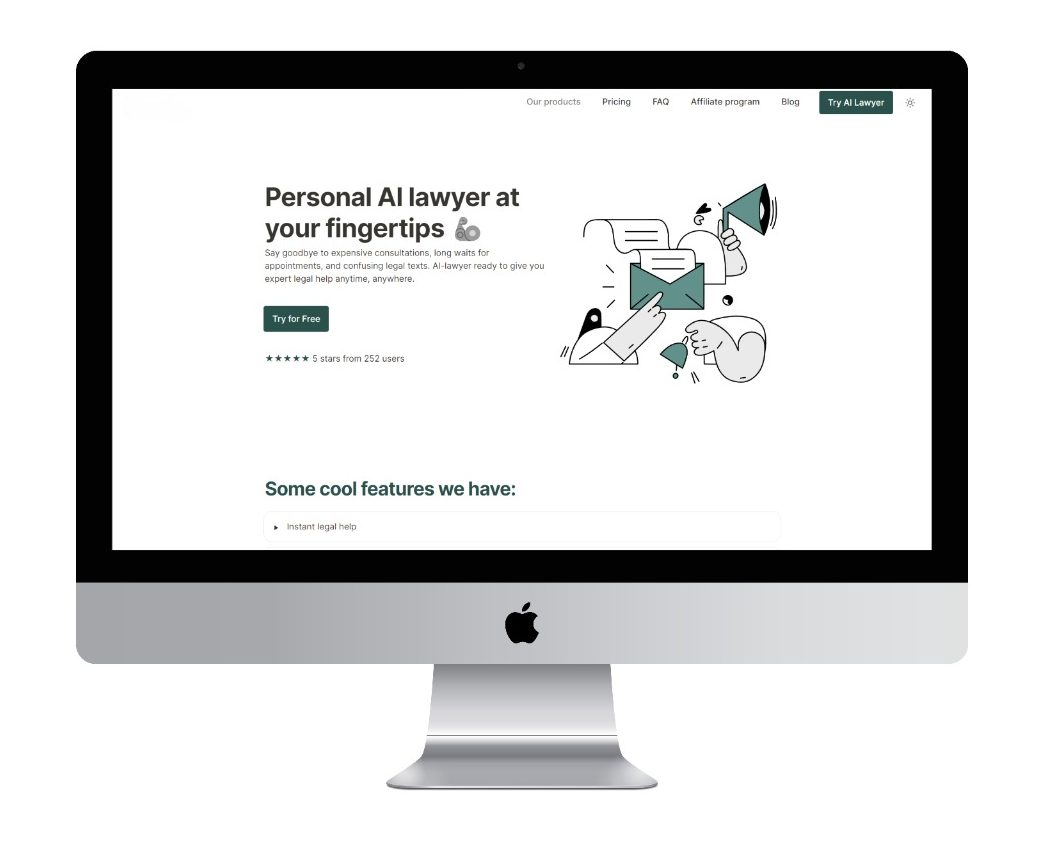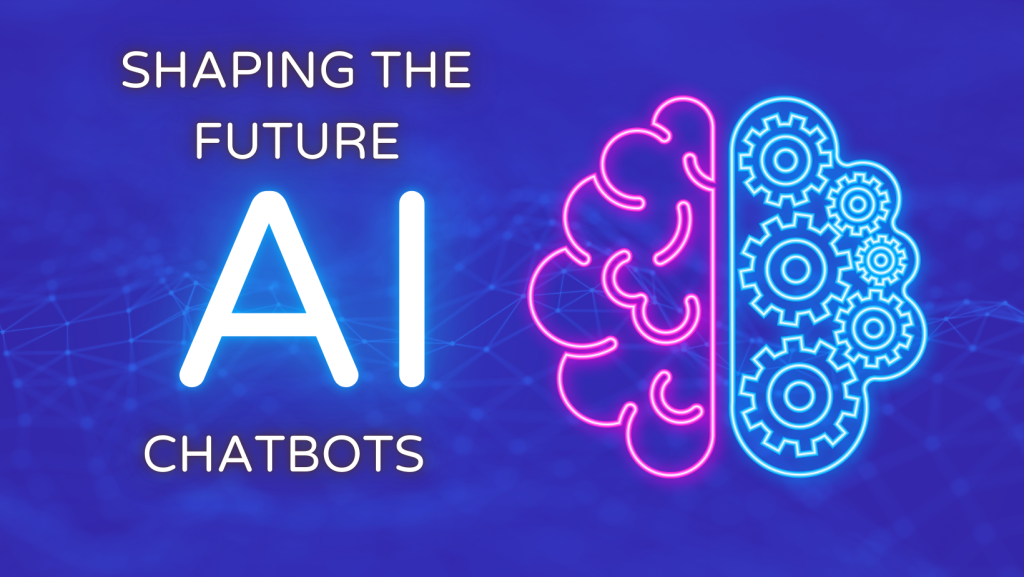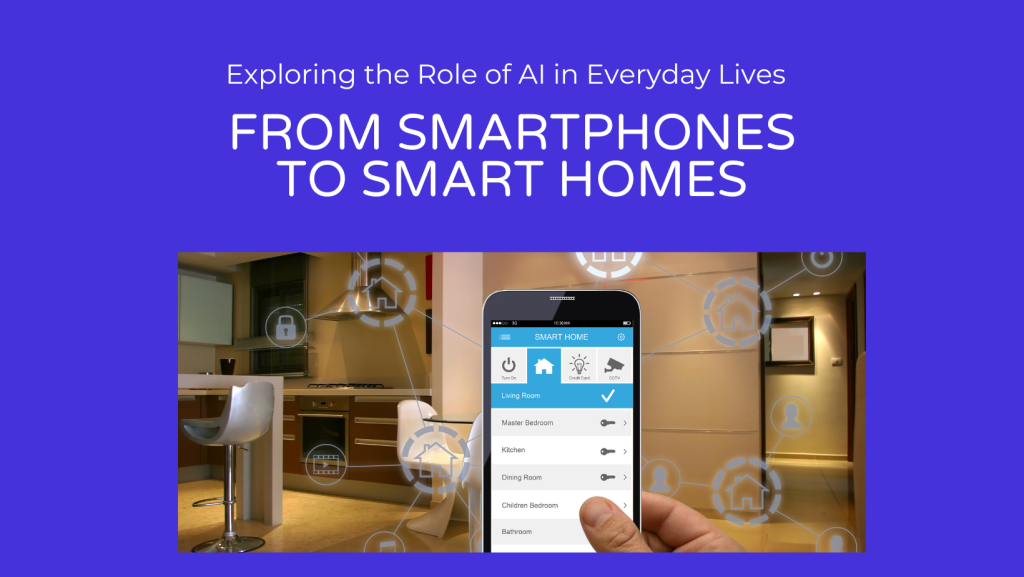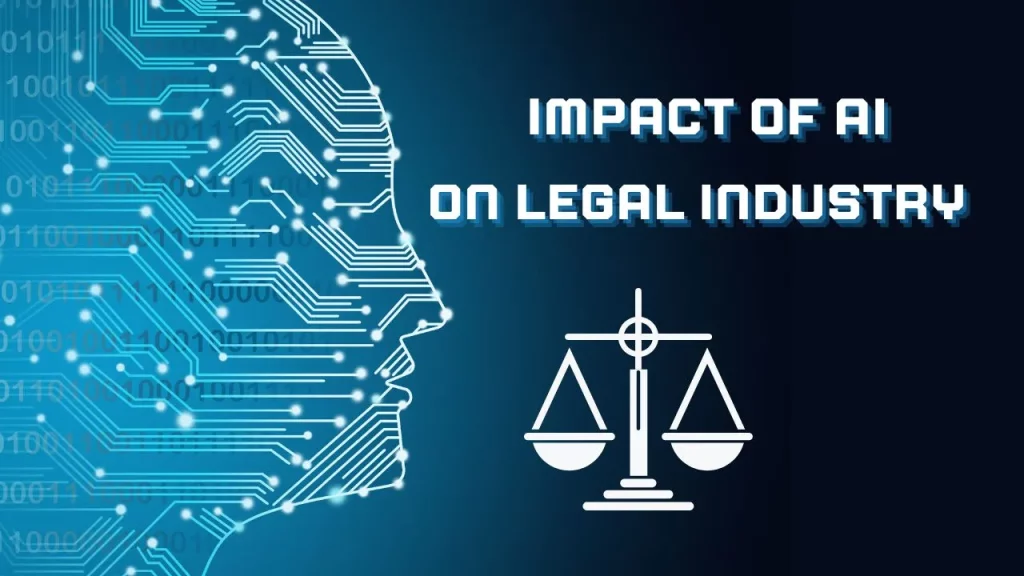Artificial Intelligence has transformed various sectors, including the legal industry. With the assistance of AI for Lawyers, many legal professionals can now improve their work’s efficiency, accuracy, and speed. However, many practitioners need to be fully aware of its usage.
Despite the increasing adoption of technology, the legal sector is still in a dilemma regarding the role of Artificial Intelligence in Law Practice. Hence, in this blog, we aim to offer some insights into “how it can help legal professionals” and a deep understanding of the meaning of AI in Law and Legal Practice.
What Does AI in Law Mean?
Artificial Intelligence in Law Practice is often termed Legal AI, which seems intelligent but has defined functions. The legal technology tool using weak AI can only understand the particular problem domain and can replicate some of the human intellectual abilities.
In true essence, Legal AI is a combination of Natural Language Processing, technologies, and machine learning algorithms to analyze legal documents and texts.
Unlike true AI with thinking and learning capabilities, Legal AI comprises tools and technologies that automate tasks and enhance workflows for legal professionals.
Legal tech companies focus on task-specific systems rather than advanced AI, enabling automation within the legal domain.
How is AI used in Law?
AI integration in the legal sector enhances efficiency and accuracy, elevating service speed, quality, and cost-effectiveness. It expands access to justice while placing clients at the forefront.
Moreover, it also offers virtual assistants for legal help. It makes it easier for people to find answers and solve issues.
This technology makes the legal system fairer and helps lawyers focus on clients.
It enables predicting case outcomes and unearthing new arguments. Such insights assist in addressing client queries on success likelihood and settlement acceptance. The synergy of AI and Law Firms equips professionals with data-driven predictions, transforming legal practice and improving client interactions.
Positives of Artificial Intelligence in Law Practice
Let’s explore the benefits of using artificial intelligence in law practice.
1. Increased Efficiency in Legal Work
Using AI Development Services in law firms makes things run smoother, giving lawyers more time to help their clients and focus on their needs.
With AI, tasks that used to take a long time, like finding papers, doing research, and making bills, become effective and simpler.
This means lawyers can get more done, spend more time on important tasks, and build better client relationships.
2. Enhance Access to Legal Services
Using AI in the Law can make things more fair for everyone. It helps more people use the courts and get the legal help they need. Lawyers who are very busy can now help more clients.
While computers can’t do everything in law, they can prevent small problems from becoming big. This means fewer trips to court. So, AI is making things better for both clients and lawyers.
3. Cost-Effectiveness
AI and machine learning in law make it easier and cheaper to get legal help. Lawyers use technology to do tasks faster than before, which saves time and money.
For example, if something that used to take a long time now takes much less time, clients don’t have to pay as much money.
And because technology helps with some tasks, lawyers have more time to help more people. This means even people with less money can still get the legal help they need. So, AI and technology are making legal assistance faster, cheaper, and available to more people.
4. Boost accuracy
Enhances accuracy in legal firms. AI tools help lawyers make well-informed decisions by analyzing extensive data and past cases. This reduces human errors during legal research, document review, and case predictions.
AI’s precision in identifying relevant information and patterns ensures better outcomes for clients. Additionally, AI’s consistent analysis mitigates inconsistencies that may arise in manual work.
With these advantages, legal professionals can provide more reliable advice, improve case strategies, and deliver higher-quality services to clients. Ultimately raising the overall accuracy and effectiveness of legal operations.
Difficulties of Using AI in Law
The integration of AI into the legal industry raises many ethical and legal questions that include:
● AI systems explain their reasoning and decisions in a way that legal professionals and clients can understand.
● How much control should humans have over AI systems’ decisions, particularly in critical legal matters?
● Will AI tools maintain the confidentiality of client-attorney communications and sensitive case information?
● Who is responsible if an AI system makes an incorrect legal prediction or decision that impacts a case?
These are some difficulties that need to be addressed to ensure the reliability and correctness of AI in Legal Services:
1. Ensuring Authenticity and Reliability
The authenticity and reliability of AI-driven legal prediction engines pose challenges, notably bias risks. Training data-carrying biases can influence AI decisions, demanding rigorous bias mitigation.
Ensuring reliability involves regular evaluations, accuracy checks, and privacy adherence. Transparency is key as complex AI algorithms hinder decision understanding.
This affects AI’s reliability and legal professionals’ accountability. In criminal law, AI’s use raises alarms due to potential consequences on personal freedom.
Over Reliance on AI, even if not fully intelligent, may sway decisions. This urges cautious recognition of AI’s limitations in shaping legal outcomes.
2. Ethical Dilemmas:
Ethical dilemmas arise with AI Use in Law Firms due to its decision-making impact. If AI makes decisions that affect people’s rights, who bears responsibility?
Transparency is key; understanding how AI arrives at decisions is vital for accountability. Additionally, issues of fairness and bias emerge, as AI might inadvertently perpetuate existing biases in legal processes.
The ethical challenges encompass the potential for unintended consequences and the need to ensure that AI systems align with legal and ethical standards while upholding justice and human rights.
3. Job Disruption:
AI’s potential to automate repetitive legal tasks raises questions about its impact. Media often portrays a future where machines replace lawyers and judges.
The concern is, how much of a threat do AI-powered legal services pose to professionals?
Some experts argue AI could displace lower-skilled legal jobs, fueling job loss fears. However, many believe AI won’t fully replace human lawyers. Instead, it’ll reshape their roles.
Lawyers will still offer advice, interpret law, and represent clients. AI enhances efficiency, leaving legal experts essential for complex and strategic aspects of their profession.
Conclusion
Integrating Artificial Intelligence (AI) into the legal industry has brought about significant positive and challenging changes.
From research to document analysis, increasing productivity and enabling lawyers to focus on critical aspects of their work. This technology reduces costs, making legal assistance more accessible and affordable.
However, ethical dilemmas arise from bias in AI algorithms and the need for transparent decision-making. The potential for job disruption is a concern.



